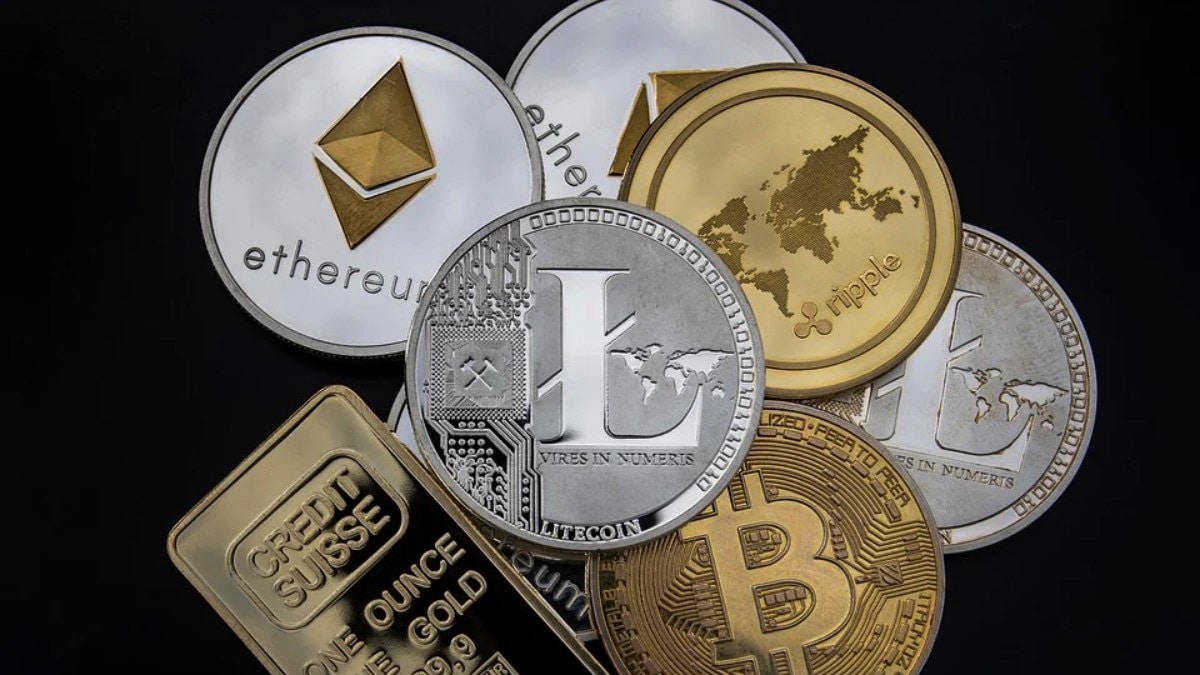India should consider lowering the 1 percent TDS for cryptocurrency trading as a high rate causes a flight of capital and users to platforms in foreign jurisdictions and the gray market, a report said on Tuesday.
The Chase India and Indus Law report “Impact Assessment of 1 Percent TDS on VDAs” states crypto Platforms/exchanges are also required to conduct customer due diligence, which can help uncover potential future risks.
“The existing 1 percent TDS on crypto trading, combined with the lack of comprehensive regulations, is causing a flight of capital and users to platforms in foreign jurisdictions and the gray market,” it said.
The government introduced a 30 percent income tax plus surcharge and duty on the transfer of virtual digital assets (VDAs), including cryptocurrencies, since April 1 last year Bitcoin, ether, tether and Dogecoins.
Also, to keep an eye on the money trail, a 1 percent TDS was introduced for payments above Rs. 10,000 for virtual digital currencies.
“The purpose of TDS is to create a trail of crypto transactions and the same can be achieved by a lower TDS rate. A nominal TDS rate would also support transaction tracking and tracing, thus aiding in tax collection if Indian investors continued to trade from Indian KYC-enabled platforms,” said the report, which was released days before the April 1. February planned Union budget 2023-24 came.
It also suggested that for security and oversight reasons, the government must require all crypto exchanges/platforms to perform detailed e-KYC authentication for all investors/traders in line with Aadhaar rules.
In the joint report, Chase India and Indus Law also said that many exchanges have not followed said TDS rules despite falling within the legal scope and mandate to conduct business under other Indian laws and regulations.
It has been found that many exchanges exclude this in their business practices with unauthorized discretion. This loophole has thus led to a systemic “grey market” scenario of such exchanges with companies out of the fence of taxation, it said.
In its recommendation, the study states: “Every exchange/platform must and should be required to provide transaction records to the tax regulator. This would help the tax authorities (CBDT) establish a list of ‘valid’ exchanges, which are under the TDS norm.” The government had said in a reply to Parliament last month that it was paying more than Rs 60 crore as TDS collected for transactions in VDAs.
“In the absence of specific exchanges contributing to the tax clause, the government will miss out on a potential revenue system generated through these trading channels,” the report said.
Chase India spokesman said: “A self-regulatory organization (SRO) can be considered to fill the regulatory gaps. It would promote compliance, protect customer interests and promote ethical and professional standards in exchanges.” The Indus Law spokesman said, “Tough TDS regulations result in non-tax compliant exchanges being used to avoid taxes. Such off-the-radar transactions can themselves be a hotbed for financial crime and other criminal activity.”





